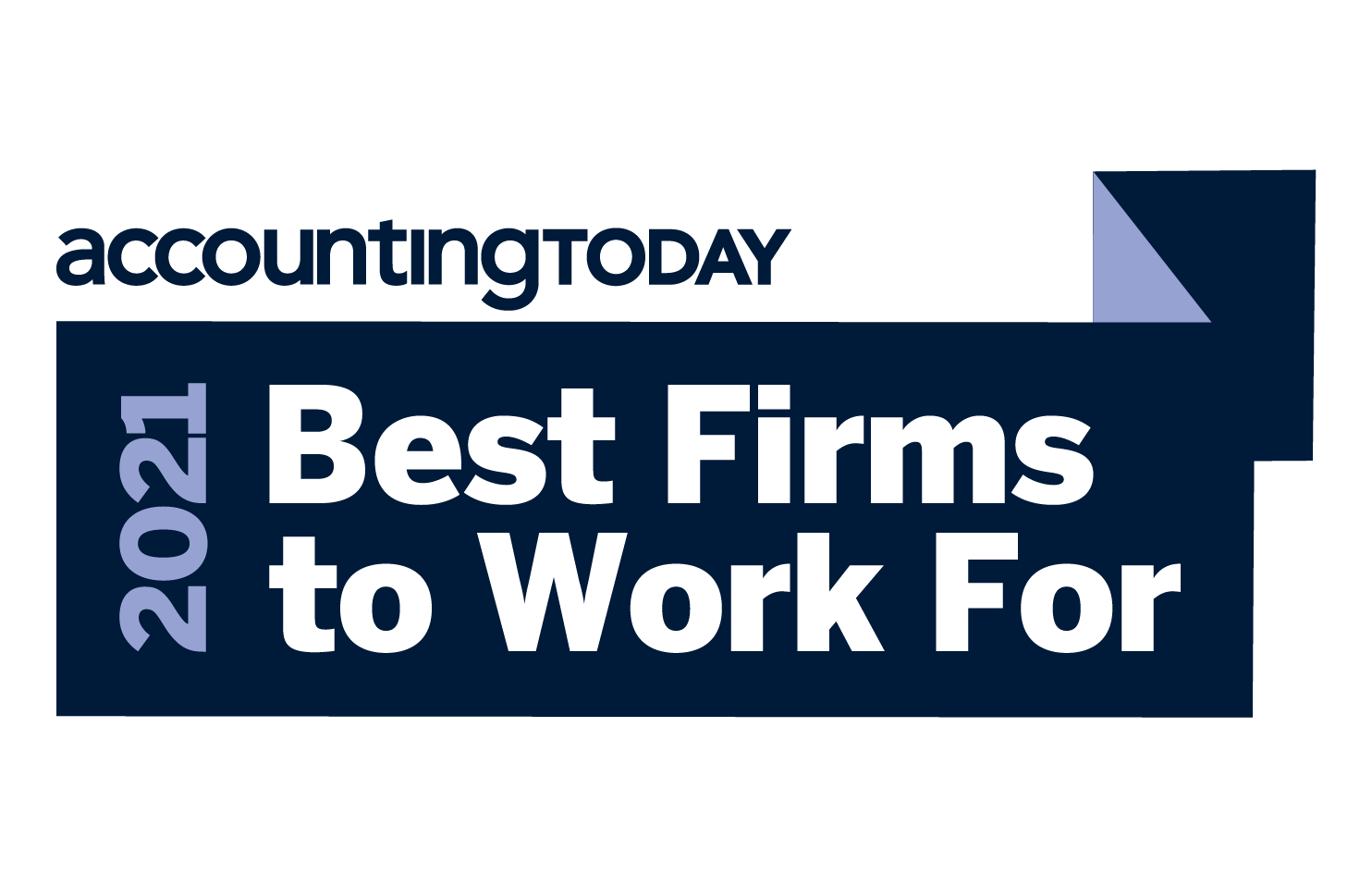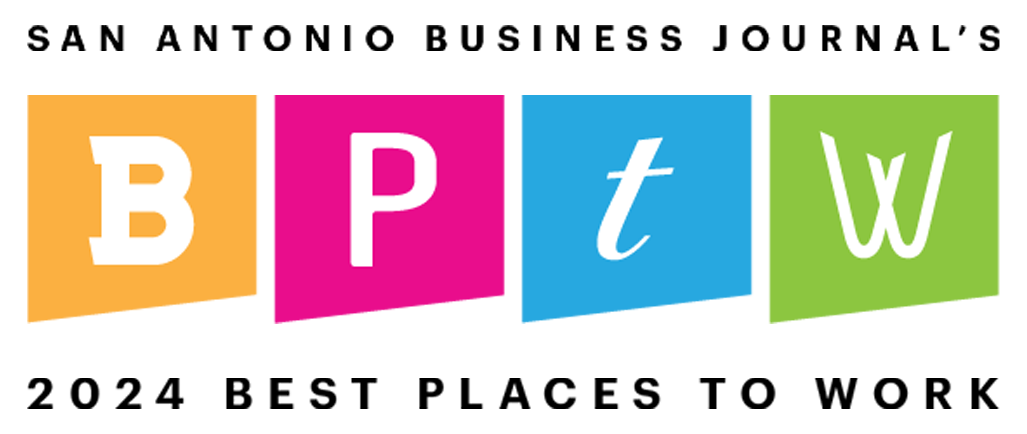Part of the fun – and maybe sometimes the burden – of being an adult is having free reign over your funds. Payday comes and suddenly you can think of a lot of ways to use that hard earned money. But have you ever checked your bank account two weeks later and wondered what in the world you spent all your money on? One of the best ways to manage your funds is by creating a budget. Not only does it encourage good spending habits, but it also gives you a clear understanding of where your money is going. If you’ve never created a budget before, there are many programs and apps available like Mint and EveryDollar that can help get you set up. Or, you can always create your own budget on a spreadsheet (spoken like a true CPA). Whatever format you choose, here are a few steps to get started.
Start by figuring out your monthly net pay (AKA the amount of cash that actually gets deposited in your bank account each month). For some this might be a steady amount each month. If you work on commission or tips, that number could be different each month. If that’s the case, use your best judgement to estimate your income for the current month.
Next, compile a list of your monthly expenses. Some items, like rent, are billed every month so it is easy to list the amount. Other expenses, like groceries, will require you to use your best judgement.
A few common expenses you will likely want to include: rent/mortgage, utilities, car payment, student loans, cable, insurance, groceries, gas, clothing, entertainment, contribution to your savings account, retirement fund, etc.
Now, subtract your expenses from your income.
If the number is positive – Congratulations! You have leftover room in your budget! You could be making extra payments on debt, contributing more to your savings, or using those funds for some other expense.
If the number is negative – Ooops. Your current budget reflects spending more than you earn for the month. See if you can adjust your budget to make the net number closer to or equal to 0.
After your budget is set up, it’s time to start tracking your expenses. As you make purchases throughout the month, update your budget so that you have an accurate picture of how much money you have left to spend.
Other Considerations When Making a Budget
Make your budget reasonable. As much as it sounds like common sense, budgets are only useful if you can realistically modify your spending. While anyone can understand that you want to spend more money to pay your car off faster, it doesn’t work out so well if that only leaves you with $50 in the budget for groceries.
What are your goals? Depending on which personal financial guru you talk to, you will hear different recommendations on what percentage of your paycheck should go to savings, debt, investment, retirement, etc. Ultimately, you have to decide what your goals are and adjust your budget to help you achieve those goals.
A budget is not a jail sentence for your money. Being financially responsible doesn’t mean that you can’t ever splurge on life experiences. Rather, create space within your budget so that you can pay for all of your needs and still have the funds to do the things you are passionate about. For me, I love to travel, so that is an important piece in my personal budget.
You’re probably going to blow your budget at some point. Whether it’s a car breakdown, an unexpected medical bill, or a sudden sale on airfare that you just couldn’t pass up (guilty), unplanned expenses happen. Consider what caused you to go over budget and see if there is a lesson to learn. Think about it – if your car broke down, maybe it’s time to consider setting up an emergency fund. If you went over budget because you went to the mall and bought a new wardrobe, maybe this is a good time to reevaluate wants vs. needs.
Create an emergency fund. On the subject of unexpected expenses, it is always good to have some funds set aside in case of an emergency. Even if you only set aside a small amount of money per month, your emergency fund can build up over time. Then, when the day comes that you have a flat tire and need to buy a new one, having designated funds already set aside to purchase a new tire makes it a lot less painful.
If you are new to the budgeting world, be patient. It might take a few months of trial and error before you find what allocations of expenses works best for your lifestyle. Managing your personal finances is a learning process, but by creating your monthly budget, you’re already off to a great start!
Happy adulting,
Amy




